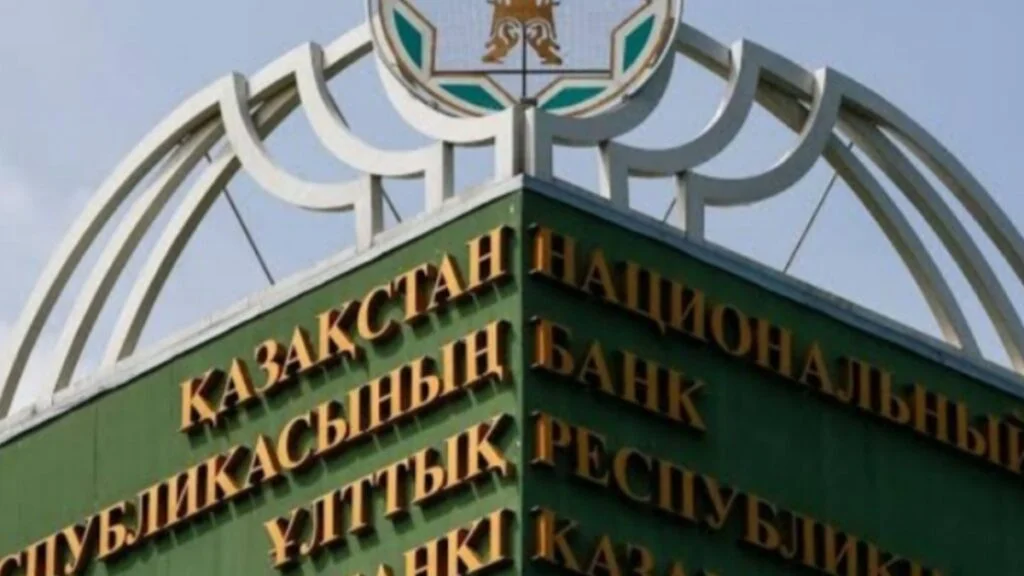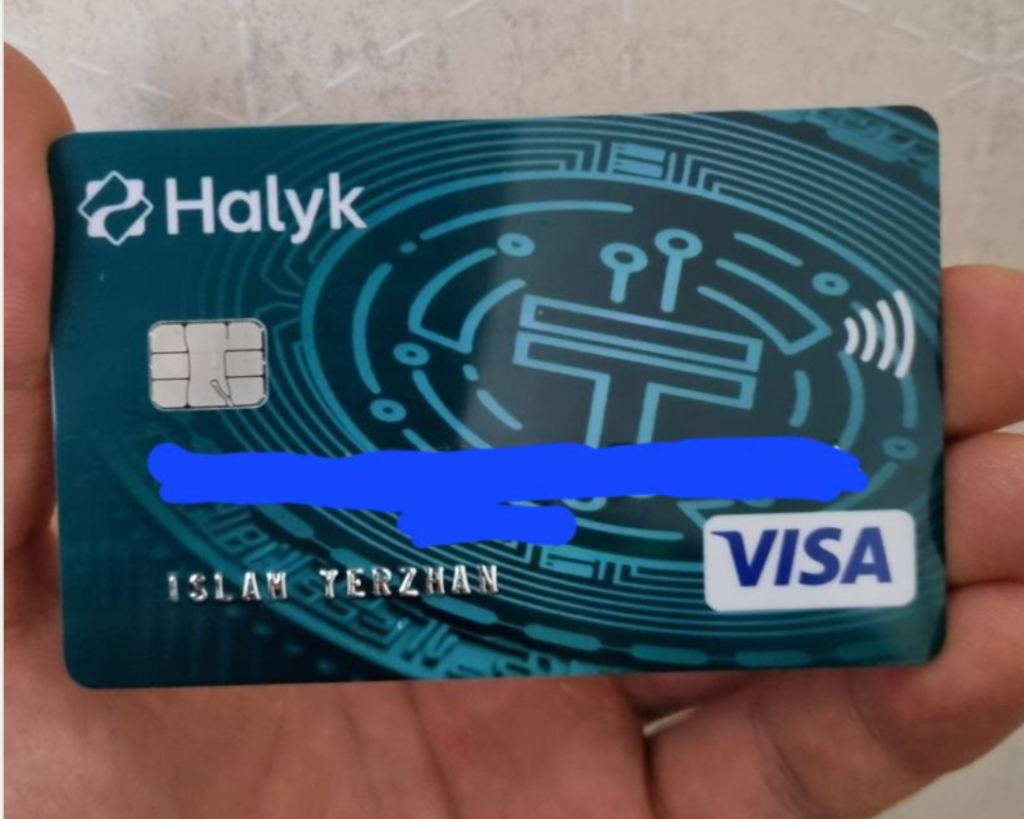Kazakhstan’s central bank digital currency (CBDC), the digital tenge, has achieved success following a month-long pilot project.

After a month-long trial project, Kazakhstan’s central bank digital currency, or CBDC, known as the digital tenge, has been deemed successful. In 2024, many business, legislative, and technological advancements are planned for it.
Using the Onay card (originally intended for use in the transit system), a local card in Almaty, schoolchildren received free lunches during the digital tenge’s trial run.
The middleman in the transactions was the operator of the Kazpost postal system. In collaboration with Visa and Mastercard, four local banks provided focus group participants with plastic cards.
The cards let users take out cash from ATMs and make in-person and online purchases. The participating retailer might have converted the digital tenge to “non-cash” tenge instead of receiving it.

They were included in the current point-of-sale and QR systems by converting digital tenge. The cards worked everywhere, including outside of Kazakhstan. According to the paper, a CBDC had never before achieved this degree of interoperability.
Other trials with the digital tenge included issuing stablecoins backed by CBDC on the Binance and KASE platforms and facilitating cross-border payments via SWIFT.
A move-to-earn app was tested, value-added tax was collected using a smart contract, and gold was tokenized using digital tenges. In September, the National Bank of Kazakhstan and the National Payment Corporation of Kazakhstan (NPCK) were formed to oversee the country’s CBDC.
Among their many objectives for 2024 are expanding the number of intermediary banks and advancing the development of decentralized finance applications.
Since internet availability is spotty in some areas, the organizations aim to conduct large-scale offline transactions, significantly enhancing financial inclusion in the nation.
Additionally, they’ll boost involvement in initiatives involving international payments. Kazakhstan is a Project mBridge observer. They also intend to improve digital currency’s security and processing speed while pursuing concurrent legislative and regulatory objectives.
In an interview that aired the night before the report was released, NPCK CEO Binur Zhalenov promised that user surveillance would not be conducted using the digital tenge.
